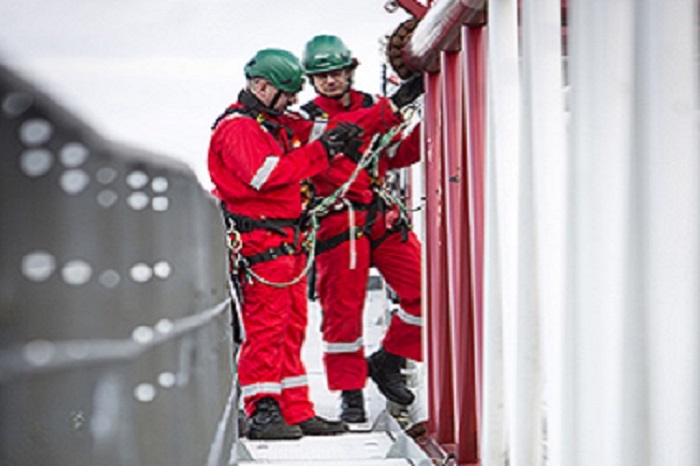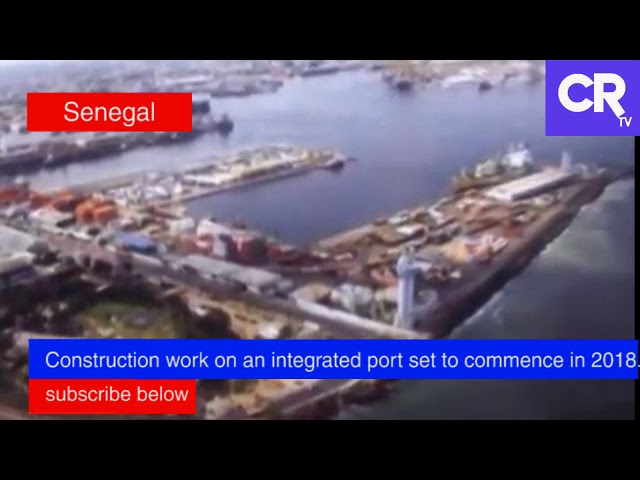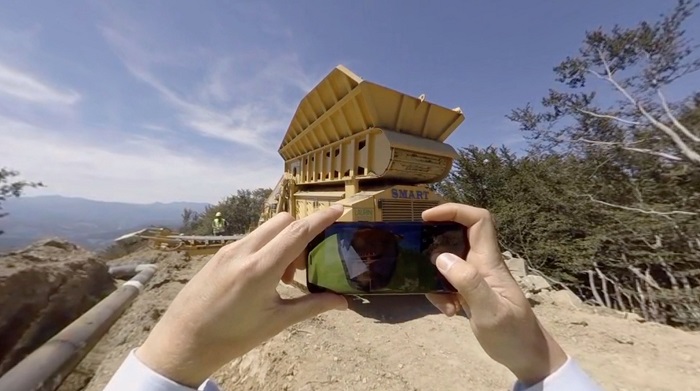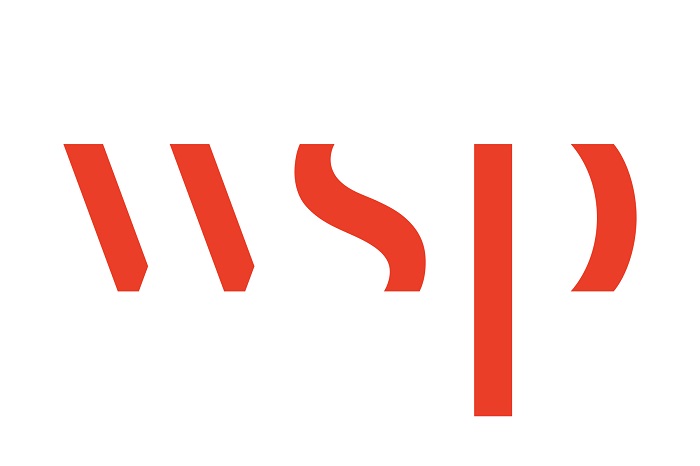Full ride trials have commenced on the Ethio-Djibouti railway project. The trials units are prior to the commencement of passenger and freight services.
According to Dereje Tefera, Ethiopian Railways Corporation (ERC) Communication Services Head, any railway project has to undergo various trails and checking. It also needs to be certified by external institutions before it begins full operation.
China Railway Engineering Corporation (CREC) and China Civil Engineering Construction Corporation (CCECC) are in charge of managing the overall activities of the project for the coming six years.
Also read: China to construct the Lagos-Calabar coastal railway line in Nigeria
Furthermore, within the six years, the companies will train the Ethiopian and Djibouti personnel. The training will touch on operation, maintenance and the like. However, the railway construction marks Ethiopia’s commitment in fighting poverty. It will also help the country to build its image in the face of the world.
Moreover, the progress made so far regarding the full rail ride is promising and the two sisterly nations are inspecting the trial ride and other related matters. The Corporation did accord its attention to ensuring safety as the Ethio-Djibouti railway is a flagship project.
The project is also the first of its kind in the Sub-Sharan Africa.
Also read: Angola begins rehabilitating over 1000km of Railway
The project cost
The railway project was executed at a cost of US$3.4bn, with Ethiopia and Djibouti contributing 70 percent and 30 percent respectively. Ethio-Djibouti railway project stretches from Sebeta to Dewele – 656km- and from Dewle to Negad via Dorale, over 100km.
Ethio-Djibouti Railways also known as the Ethio-Djibouti Railway, is both a railway company and a railway based in the Horn of Africa. Parts of the railway still exist in 2017. The Ethio-Djibouti Railway is one of the colonial era meter gauge railways in Africa that is built between 1894-1917.
However, inside Africa, the project serves as a clear economic purpose over decades easing the transport of goods between almost inaccessible Ethiopia and the ocean and clearly replaced camel caravans as the transport means of choice.






